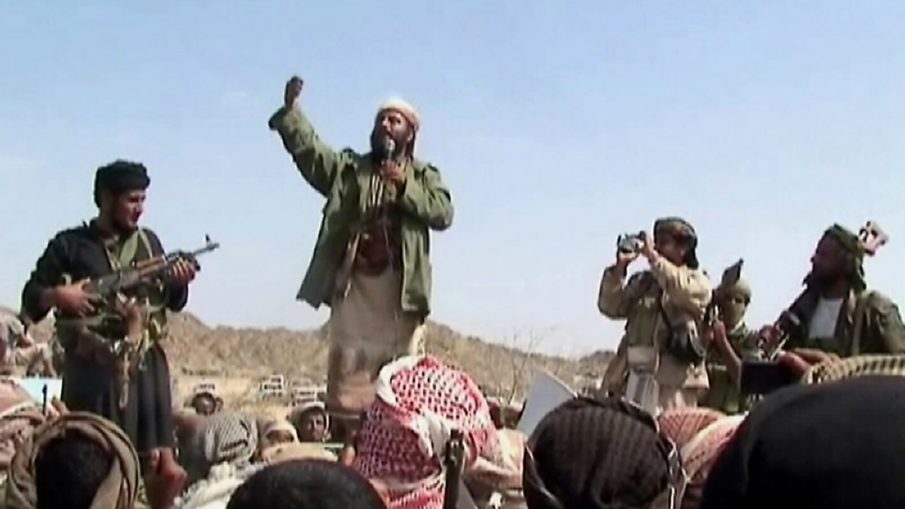According to a press release provided by U.S Central Command, American forces conducted a raid on an Al Qaeda compound on the Arabian Peninsula on Tuesday. Initial reports indicate that the raid was a success, resulting in the death of seven terrorist combatants with no reports of U.S. casualties released thus far.
The raid reportedly took place in the Marib Governorate of Yemen and saw participation from Navy SEALs as well as other members of America’s special operations forces. The seven members of Al Qaeda in the Arabian Peninsula (AQAP) that were killed were said to be engaged by small arms fire and coordinated precision air strikes.
The military action was said to have been conducted with the full support of the Yemeni government, and CENTCOM reports that the primary objective of the raid was not the AQAP fighters, but rather intelligence gathering.
In their statement released to the media, CENTCOM explained the value of the intelligence gathered through these raids: “Raids such as this provide insight into AQAP’s disposition, capabilities and intentions, which will allow us to continue to pursue, disrupt, and degrade AQAP.”
According to CENTCOM, the particular sect of Al Qaeda that operates on the Arabian Peninsula is responsible for a number of attacks carried out against the United States and its interests both domestically and internationally. Per their own account, AQAP was responsible for an attack on the U.S. Embassy-Sanaa in 2008, an attempt to down Northwest Airlines 253 on Christmas Day 2009, and they conspired to send explosive-laden parcels to Chicago in 2010.
The AQAP sect also conducts significant public relations, public outreach, and recruiting efforts, including the release of an English language magazine that encourages Western Muslims to conduct lone-wolf style attacks. Through their public outreach efforts, the AQAP has been tied to “the 2013 Boston Marathon bombing, 2009 Ft. Hood shooting, and other lone-wolf attacks in the U.S. and Europe.”
For the past two years, Yemen has been amidst a civil war between the internationally recognized formal government with backing from a Saudi Arabian coalition and the Shia Houthi rebels. Yemen’s political instability has created an environment that allows the AQAP to thrive in certain regions, despite efforts to counter their growth through air strikes often conducted by drones, and with the approval of the Yemeni government.
Despite efforts by the United States and coalition partners to engage AQAP forces by air, Yemen’s expanses of effectively ungoverned space makes it a form of save haven for AQAP terrorists.
“AQAP has taken advantage of ungoverned spaces in Yemen to plot, direct, and inspire terror attacks against America, its citizens and allies around the world,” the CENTCOM press release reads.
Although the vast majority of media attention devoted to the war on terror focuses on the ongoing operations against ISIS in Iraq and Afghanistan, the report of this successful raid serves as a reminder that the war on terror is a broad one that includes smaller scale operations being conducted all over the globe through the support and cooperation of coalition allies.
“AQAP is a formidable terror group that remains committed and capable of attacking Americans and the U.S. homeland,” the release concluded.
Already have an account? Sign In
Two ways to continue to read this article.
Subscribe
$1.99
every 4 weeks
- Unlimited access to all articles
- Support independent journalism
- Ad-free reading experience
Subscribe Now
Recurring Monthly. Cancel Anytime.










COMMENTS